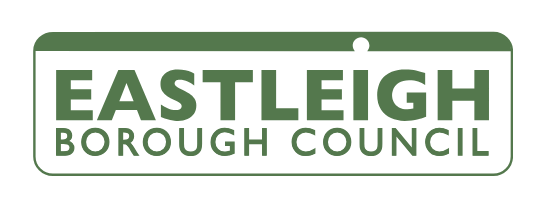My garden, expansive and lush, is a source of great pride and joy. It features a vast lawn that demands regular mowing, hedges that need trimming, flowerbeds that require weeding, and trees that occasionally need pruning. The upkeep of this green sanctuary is a significant time investment, one that I often struggle to maintain due to my busy work schedule and other personal interests.
Whilst I possess the skills and tools necessary to care for my garden, time is a luxury I cannot always afford. The grass grows relentlessly, the hedges become unruly, and the weeds seem to multiply overnight. Despite my best efforts, there are periods when the garden falls into disarray, compelling me to seek external help. Hiring a professional gardening service becomes a pragmatic solution, allowing me to maintain the beauty and health of my garden without sacrificing my limited free time.
This personal experience can be said to mirror the operational challenges faced by local authorities. Local authorities, much like my garden, have extensive responsibilities that require constant attention—ranging from revenue collection and benefits administration to funding submissions and debt recovery. Whilst they have the capability and expertise to manage these tasks, resource constraints and competing priorities often hinder their ability to execute efficiently and effectively.
Enter managed services. Just as I engage a professional gardener to manage the aspects of my garden that I cannot keep up with, local authorities can partner with managed service providers to handle specific functions that demand more time and resources than they can spare. These providers bring specialised expertise, advanced tools, and a focus on efficiency, enabling local authorities to maintain high standards of service delivery without overextending their internal resources.
The benefits of managed services extend beyond mere task completion. They offer scalability, allowing local authorities to adapt to changing demands and priorities without the burden of recruiting, training, and retaining additional staff. They also provide access to the latest technology and best practices, ensuring that operations are not only maintained but continuously improved.
For me, employing a gardening service means my garden remains a place of beauty and tranquillity, reflecting the care and attention it receives. For local authorities, engaging managed services translates to more efficient operations, better resource allocation, and the ability to focus on strategic initiatives that drive community growth and well-being.
By recognizing when to seek external expertise, both in our personal lives and within our organisations, we can ensure that our respective domains—whether a garden or a local authority—flourish and thrive. Managed services are not just a fallback option; they are a strategic asset that enables us to achieve more with less, ensuring sustained success and growth.
About Samantha Sinclair
Sam recently joined Liberata in May 2024 as the Regional Director (Growth) for the North of England. She has over 25 years experience selling software and services into the public sector. Sam has a background in Accountancy, equipping her with the skills to understand budget constraints, devise cost saving strategies and deliver significant ROI. This unique blend of sales acumen and financial insight allows Sam to help Local Authorities to build robust business plans, ensuring efficient and effective service delivery.





